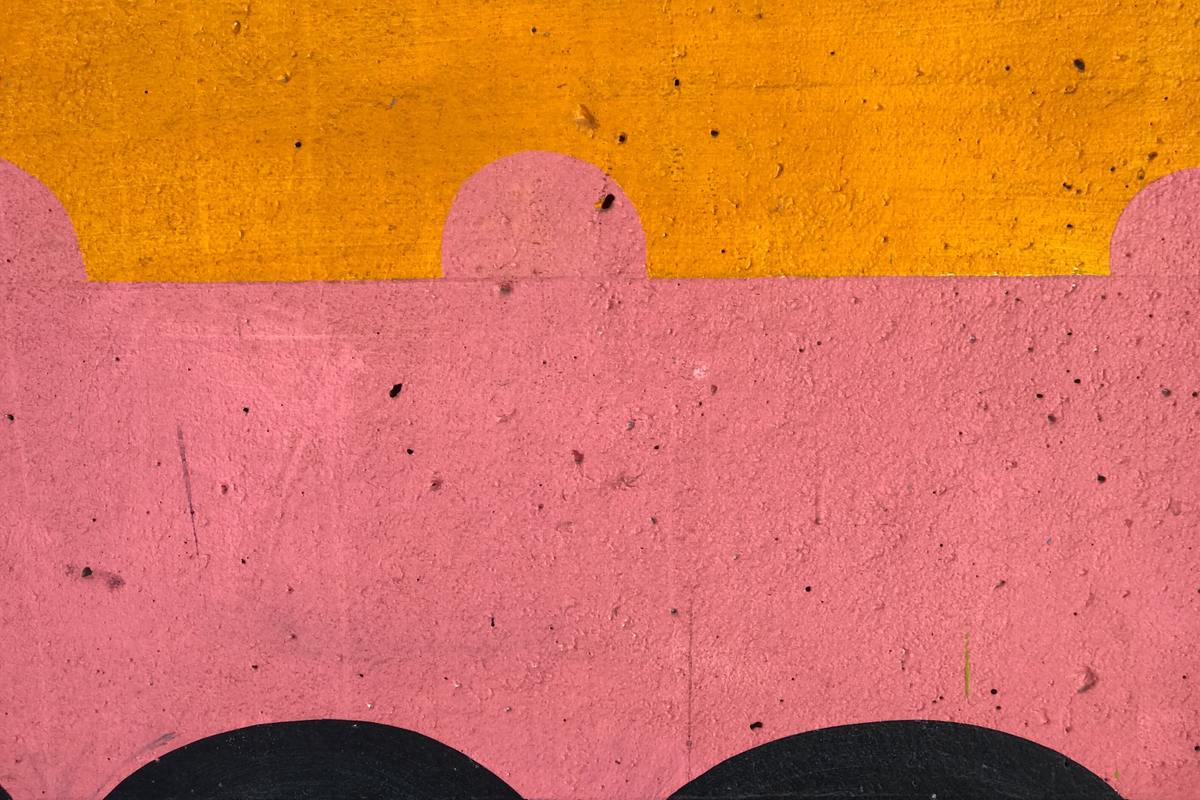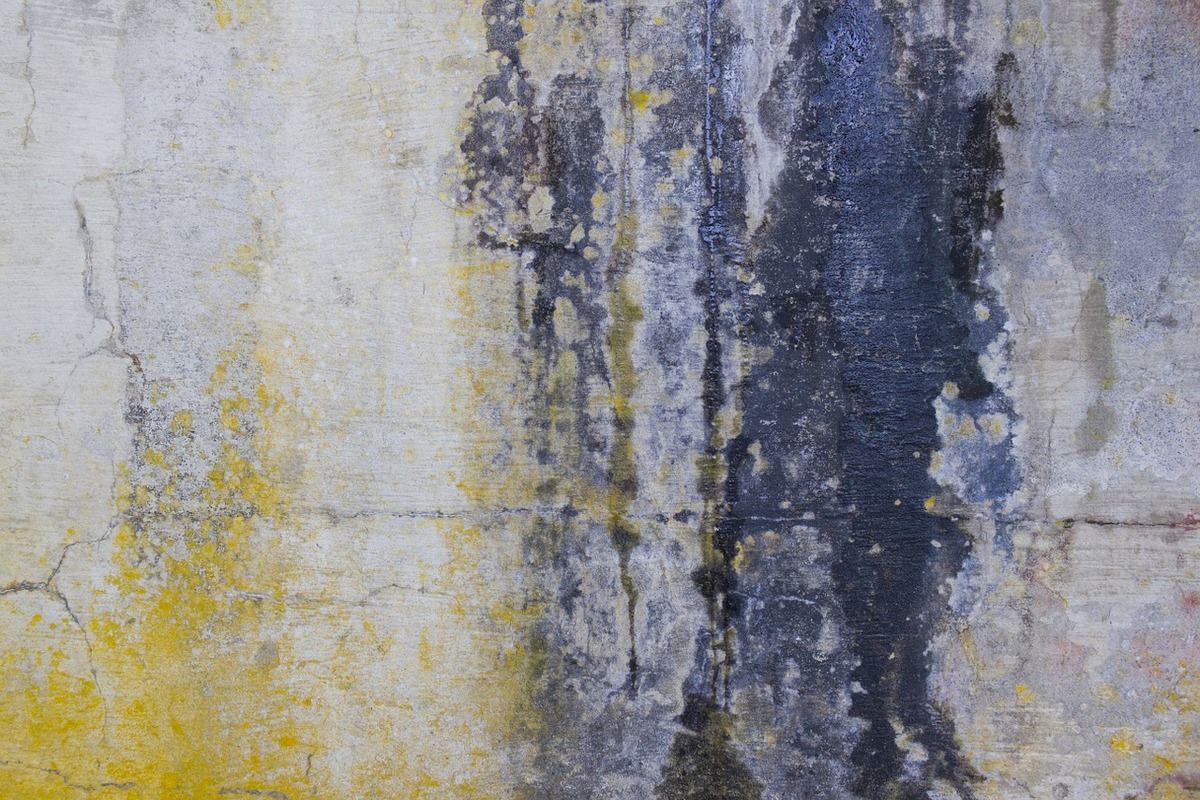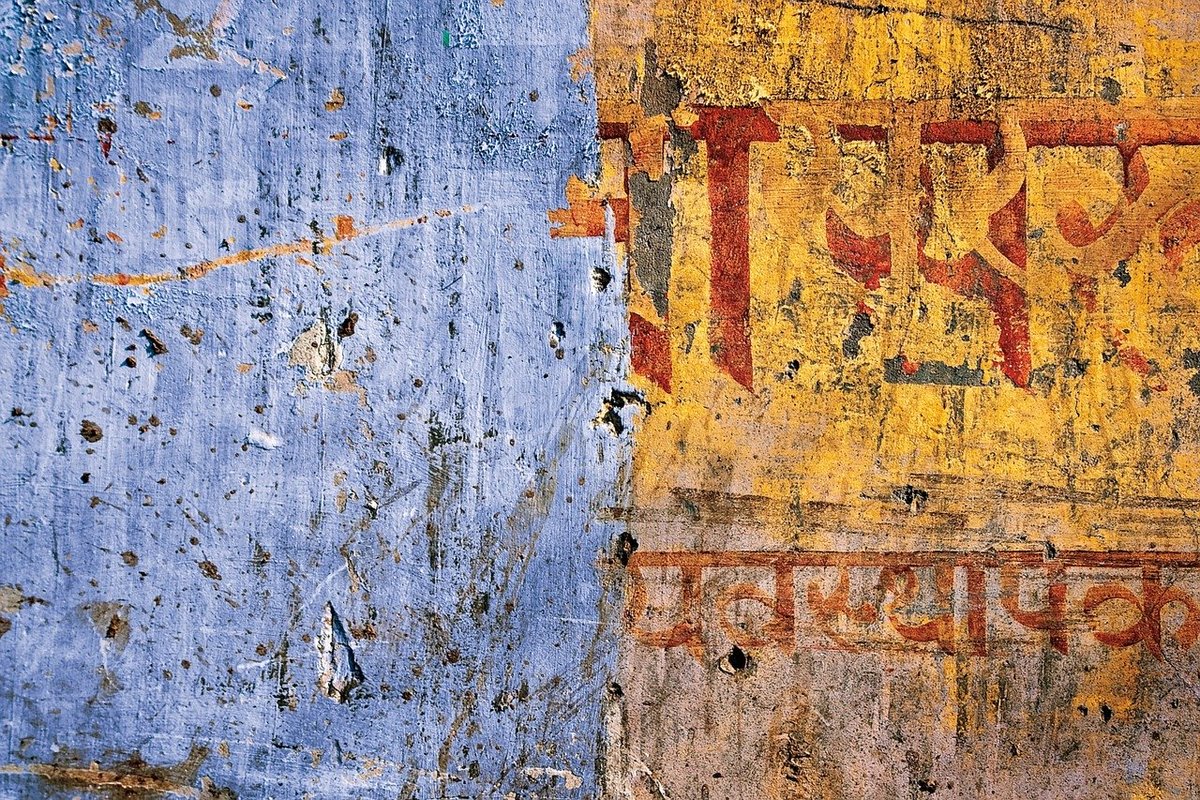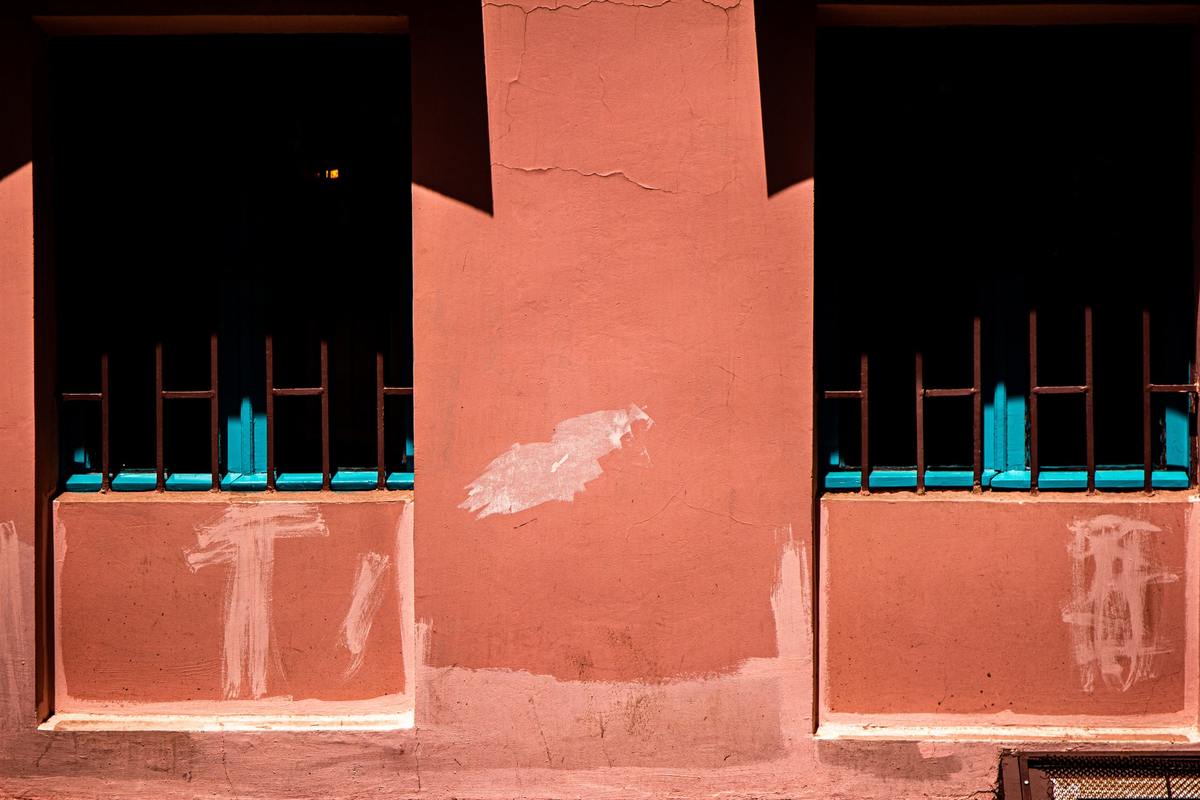Fiction
First Place Winner
Howard Frank Mosher Short Fiction Prize
Category: 2017 Contest Winners
The Morning after the Hometown Diner Burned Down
Fire Illness
by Scott Alumbaugh
Runner Up, Howard Frank Mosher Short Fiction Prize
Fiction
Runner-Up
Howard Frank Mosher Short Fiction Prize
The Magic Telescope
by Eileen O’Connor
Honorable Mention, Howard Frank Mosher Short Fiction Prize
Fiction
Honorable Mention
Howard Frank Mosher Short Fiction Prize
Animals Saved Me
by Richard Gilbert
First Place, Creative Nonfiction Prize
Creative Nonfiction
First Place Winner
Creative Nonfiction Prize
How Prostitution Saved My Life
by Kate Marquez
Runner Up, Creative Nonfiction Prize
Creative Nonfiction
Runner-Up
Creative Nonfiction Prize
Baker’s Dozen
by Saffron Marchant
Honorable Mention, Creative Nonfiction Prize
Creative Nonfiction
Honorable Mention
Creative Nonfiction Prize
Remembering Ethel
by Jeri Griffith
Honorable Mention, Creative Nonfiction Prize
Creative Nonfiction
Honorable Mention
Creative Nonfiction Prize
Being of Islands
by Ezra Baeli-Wang
First Place, Ruth Stone Poetry Prize
Poetry
First Place Winner
Ruth Stone Poetry Prize
Starlings
by Kathleen O’Toole
Runner Up, Ruth Stone Poetry Prize
Poetry
Runner-Up
Ruth Stone Poetry Prize
Do Not Go Gently
by Mindy McGinnis
Overall First Place, Katherine Paterson Prize for Young Adult and Children’s Literature
Young Adult Fiction
Overall Winner
Katherine Paterson Prize
The Stuff Between the Stars
by Sandra Nickel
Picture Book Winner, Katherine Paterson Prize for Young Adult and Children’s Literature
Children’s Book
Category Winner
Katherine Paterson Prize
The Carrying Beam
by S.M. Mack
Young Adult Winner, Katherine Paterson Prize for Young Adult and Children’s Literature
Young Adult Fiction
Category Winner
Katherine Paterson Prize in YA & Children’s Writing
A Roundabout Way
by Patricia Jacaban Miranda
Middle Grade Winner, Katherine Paterson Prize for Young Adult and Children’s Literature
Middle Grade Fiction
Category Winner
Katherine Paterson Prize for YA & Children’s Writing
The Color of Sad
by Trista Wilson
Honorable Mention, Katherine Paterson Prize for Young Adult and Children’s Literature
Middle Grade Fiction
Category Winner
Katherine Paterson Prize













